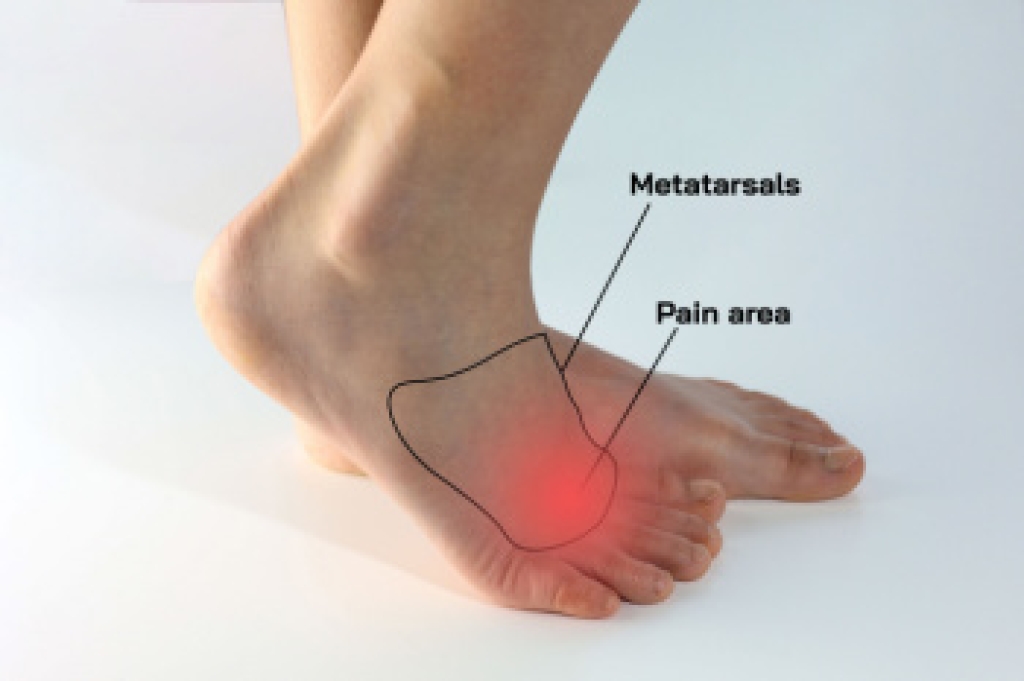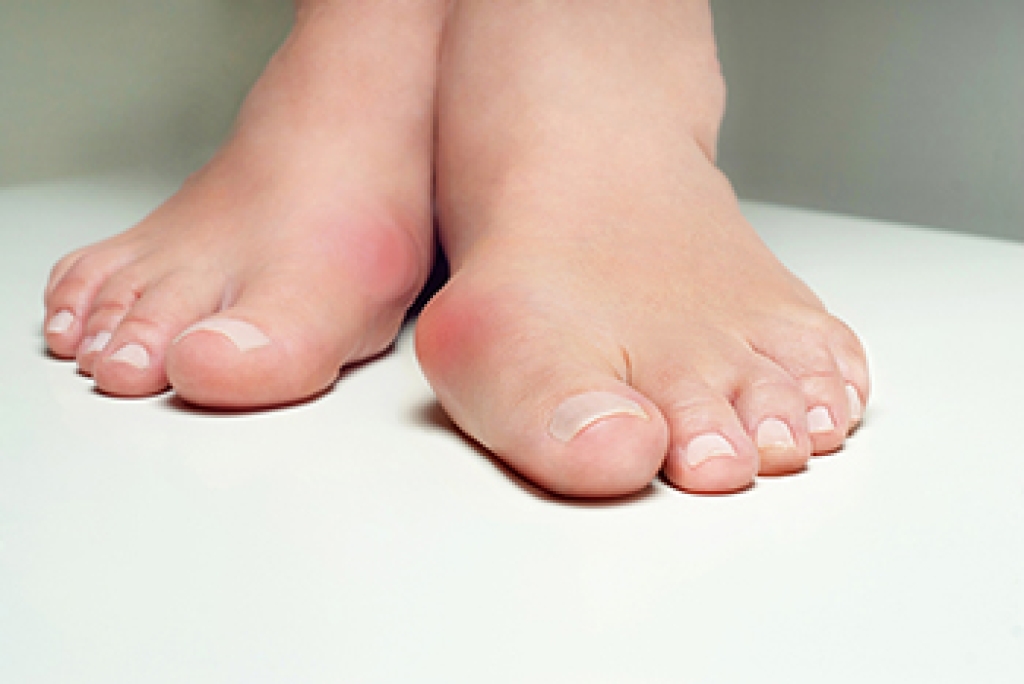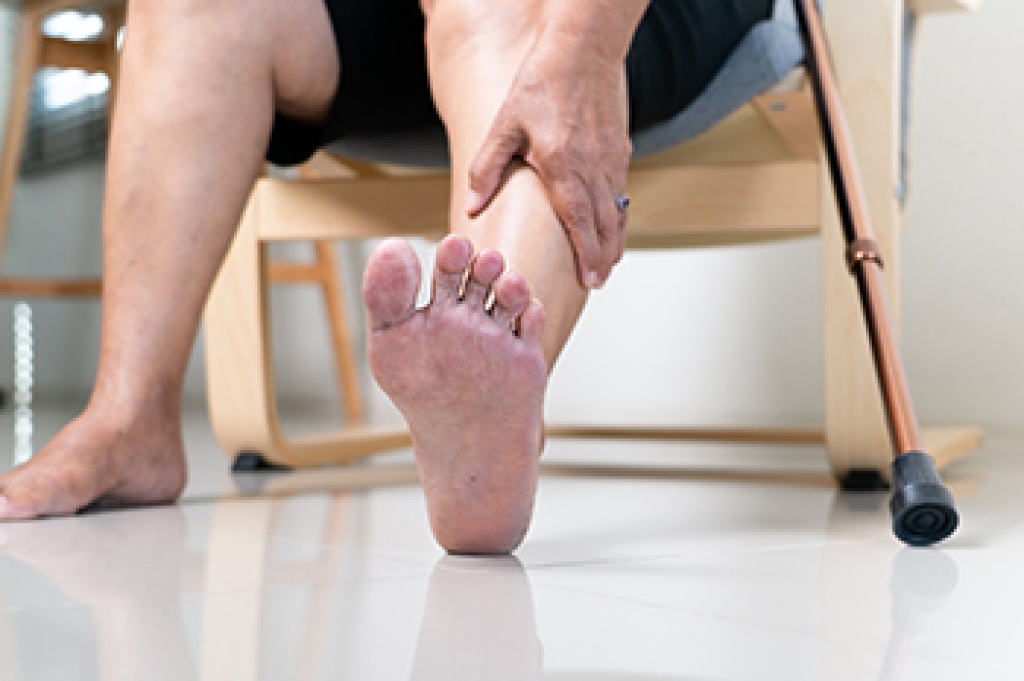
Morton’s neuroma is a painful condition caused by thickening of the nerve tissue between the toes, most often between the third and fourth toes. It develops when the nerve is irritated or compressed, leading to burning pain, numbness, or the feeling of a pebble in the shoe. Causes include repeated pressure on the forefoot, tight shoes, and activities that involve high impact. Risk factors include flat feet, high arches, bunions, and hammertoes, which can all change how weight is distributed across the foot. A podiatrist can diagnose the condition, relieve pressure on the nerve, recommend proper footwear, and provide targeted treatment to reduce symptoms. If you have pain in this part of your foot, it is suggested that you schedule a visit with a podiatrist who can provide an accurate diagnosis and appropriate treatment.
Morton’s neuroma is a very uncomfortable condition to live with. If you think you have Morton’s neuroma, contact Philip C. Caswell, DPM of Family Foot & Ankle Care. Our doctor will attend to all of your foot care needs and answer any of your related questions.
Morton’s Neuroma
Morton's neuroma is a painful foot condition that commonly affects the areas between the second and third or third and fourth toe, although other areas of the foot are also susceptible. Morton’s neuroma is caused by an inflamed nerve in the foot that is being squeezed and aggravated by surrounding bones.
What Increases the Chances of Having Morton’s Neuroma?
- Ill-fitting high heels or shoes that add pressure to the toe or foot
- Jogging, running or any sport that involves constant impact to the foot
- Flat feet, bunions, and any other foot deformities
Morton’s neuroma is a very treatable condition. Orthotics and shoe inserts can often be used to alleviate the pain on the forefront of the feet. In more severe cases, corticosteroids can also be prescribed. In order to figure out the best treatment for your neuroma, it’s recommended to seek the care of a podiatrist who can diagnose your condition and provide different treatment options.
If you have any questions, please feel free to contact our office located in Sparta, NJ . We offer the newest diagnostic and treatment technologies for all your foot care needs.




